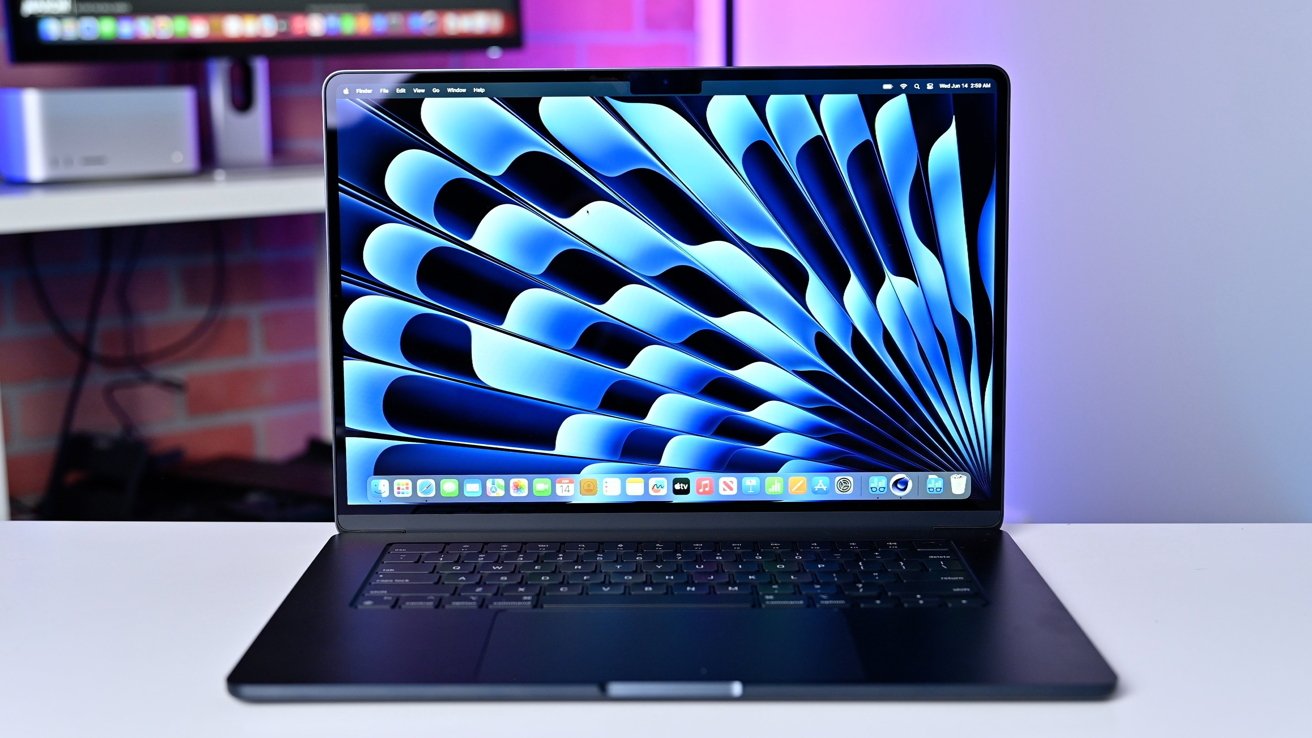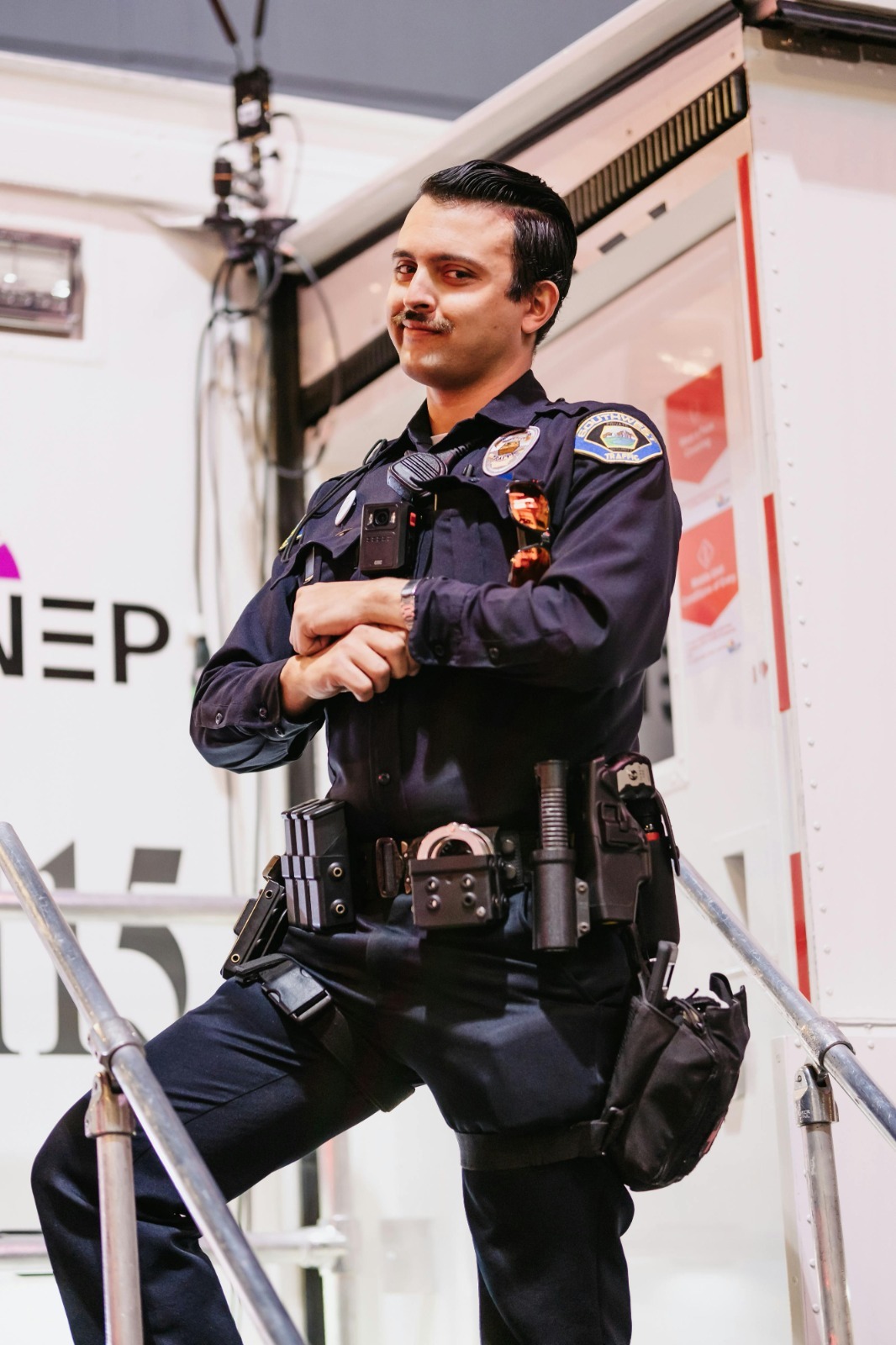
Introduction
In the fast-growing digital age, artificial intelligence (AI) has become both a blessing and a challenge. From chatbots and virtual assistants to advanced content creators, AI tools are reshaping how we work, learn, and interact online. While this transformation offers remarkable benefits, it also raises a critical question: how can we distinguish between human-written and machine-generated text? This is where the ai_ detector steps in. An ai detector is a powerful solution that empowers individuals, educators, publishers, and businesses to quickly identify AI-generated content with high accuracy. In this article, we will explore the power of AI_ detectors, their importance, benefits, tools, limitations, and what the future holds.
What Is an AI Detector?
An ai_ detector is a tool designed to analyze digital content and determine whether it was created by a human or generated using artificial intelligence. By evaluating linguistic patterns, syntax, probability distributions, and even stylistic cues, AI_ detectors can reveal the likelihood of AI involvement in text, images, or videos.
How It Works
AI_ detectors rely on advanced algorithms and machine learning models. They analyze large data sets and track subtle indicators that distinguish human creativity from machine patterns. For example:
- Perplexity Analysis: Measures how predictable the text is.
- Burstiness Check: Identifies variance in sentence complexity and structure.
- Stylistic Fingerprinting: Matches writing patterns against known AI outputs.
Why It Matters
With the rise of generative AI tools like ChatGPT, Bard, and Jasper, the authenticity of online content is increasingly under scrutiny. Students, researchers, publishers, and brands must ensure originality, credibility, and trustworthiness in what they share. An ai- detector provides exactly that assurance.
The Growing Need for AI Detection
Academic Integrity
In schools and universities, educators face the challenge of ensuring that essays, research papers, and assignments are genuinely student-produced. An ai- detector can help educators verify authenticity, protecting academic standards.
Content Publishing
Journalists, bloggers, and content creators must maintain originality to retain credibility. With AI-written content flooding the web, publishers rely on AI- detectors to confirm human authorship and prevent reputational risks.
Business and Marketing
Brands use content marketing to build trust. If consumers suspect that a company’s content is AI-generated without disclosure, it may harm customer loyalty. AI- detectors help businesses maintain transparency and authenticity.
Cybersecurity and Fraud Prevention
Malicious actors can use AI to create phishing emails, deepfakes, and fake news. AI_ detectors play a vital role in identifying manipulated or deceptive content before it spreads.
Benefits of Using an AI Detector
Accuracy in Verification
AI_ detectors can provide reliable probability scores that indicate whether content is human-written or AI-generated.
Time and Cost Efficiency
Instead of manual review, AI- detectors automate the process, saving time and resources for educators, businesses, and publishers.
Improved Trust and Transparency
By using an ai_ detector, organizations can show commitment to authenticity, strengthening relationships with their audience.
Support for Legal and Ethical Compliance
In industries where originality is crucial, such as journalism or academia, AI- detectors help institutions stay compliant with ethical guidelines.
Types of AI Detectors
Text-Based AI_ Detectors
These tools focus on written content. They identify AI patterns in essays, articles, or social media posts.
Image and Video AI_ Detectors
Visual AI detectors identify manipulated or AI-generated photos and videos, crucial in detecting deepfakes.
Hybrid AI Detectors
Some solutions combine text, image, and video detection, offering a comprehensive approach to content authenticity.
Popular AI Detector Tools
GPTZero
One of the first widely known tools, GPTZero analyzes text for perplexity and burstiness to identify AI-generated writing.
Originality AI
This tool is popular among publishers and SEO professionals, offering plagiarism and AI detection in one platform.
Turnitin
Widely used in education, Turnitin integrates AI detection to ensure student work is original.
Copyleaks
Copyleaks provides both plagiarism detection and AI content identification, making it valuable for academic and business use.
Hugging Face AI Detectors
Open-source models from Hugging Face offer customizable AI detection capabilities for developers.
Limitations of AI Detectors
False Positives
Sometimes, highly predictable human-written text may be incorrectly flagged as AI-generated.
Evolving AI Models
As AI tools become more advanced, AI detectors must continuously adapt to keep up with new patterns.
Dependency on Training Data
The accuracy of an ai detector depends on the quality and diversity of the data used to train it.
Ethical Concerns
Over-reliance on AI detectors could discourage creativity or unfairly penalize students or writers whose style resembles AI output.
Best Practices for Using AI Detectors
Combine Human Judgment
AI detectors should complement, not replace, human evaluation.
Regular Updates
Choose detectors that frequently update their models to keep up with evolving AI technologies.
Transparency in Use
Organizations should disclose when AI detection tools are used, ensuring fairness and trust.
Integration with Other Tools
For maximum effectiveness, integrate AI detectors with plagiarism checkers, grammar tools, and content quality analyzers.
The Future of AI Detectors
More Advanced Algorithms
Future AI detectors will use deeper neural networks and contextual understanding, improving accuracy.
Industry-Wide Standards
We may see global frameworks for verifying AI-generated content across industries.
Blockchain Integration
Blockchain could provide immutable proof of authorship, complementing AI detection systems.
Educational Evolution
In academia, AI detection may shift from policing to encouraging responsible AI use, teaching students to blend AI with human creativity.
Frequently Asked Questions (FAQ)
1. Can an AI detector guarantee 100% accuracy?
No, AI detectors cannot guarantee 100% accuracy. They provide probability scores and indicators, but human oversight is still essential.
2. Are AI detectors free to use?
Some basic detectors are free, while professional or enterprise-grade tools often require a subscription.
3. Can AI detectors identify deepfakes?
Yes, some AI detectors are designed for multimedia, capable of detecting manipulated or AI-generated images and videos.
Conclusion
In today’s digital-first world, the line between human and AI-generated content is increasingly blurred. Whether in education, publishing, or business, authenticity is essential for building trust and credibility. An ai detector empowers individuals and organizations to maintain transparency, fight misinformation, and protect integrity in the digital landscape. While no tool is perfect, combining AI detectors with human judgment ensures the most reliable results. As technology advances, AI detectors will only become more sophisticated, playing a crucial role in shaping a trustworthy digital future. From expert tips to trending updates, it’s all available on our main page.




